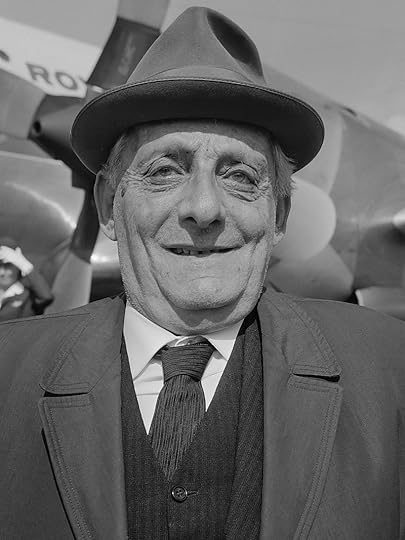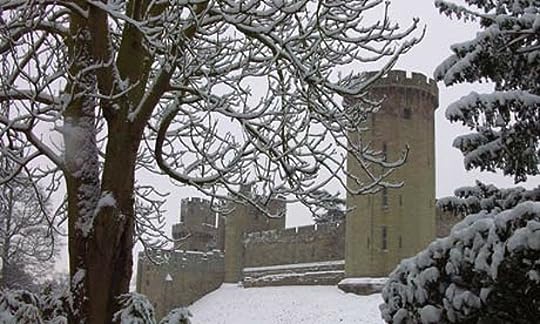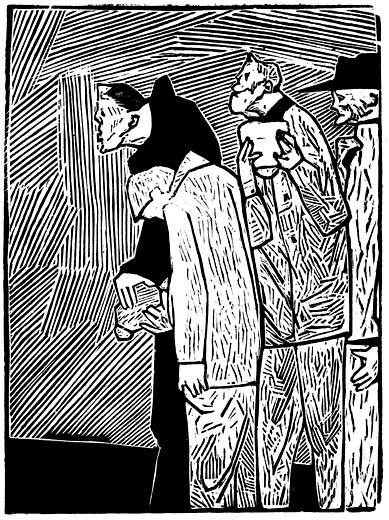What do you think?
Rate this book


401 pages, Paperback
First published January 1, 1926
Keeping his eyes fixed upon the Castle, K. went ahead, nothing else mattered to him. But as he came closer he was disappointed in the Castle, it was only a rather miserable little tower pieced together from village houses, distinctive only because everything was perhaps built out of stone, but the paint had long since flaked off, and the stone seemed to be crumbling.
Though the actual corridor was still empty, the doors were already moving, there was always one being opened a crack and then closed again quickly, the corridor was buzzing with all these door openers and door closers; K. saw here and there, above in the opening in the walls, which didn’t quite reach the ceiling, disheveled early-morning heads appear, and then vanish. From a distance, guided by a servant, came a tiny little cart containing files. A second servant walked alongside, holding a list which he was evidently using to compare the numbers on the doors with those on the files.
K. was left standing in the snow, feeling disinclined to haul his foot out of it only to have it sink in again a little further on. The master tanner and his friend, happy to be rid of K. at last, made their way slowly back through the door of the house, which was only standing ajar, still keeping an eye on him. K. was left alone in the all-enveloping snow.
“Now what could have attracted me to this desolate land other than the desire to stay?”



